There have been countless attempts and studies to solve the age-old question—how can we live longer? Many of the more recent studies have found that there are foods you can eat to live longer. Here are 10 of them.
1. Avocados
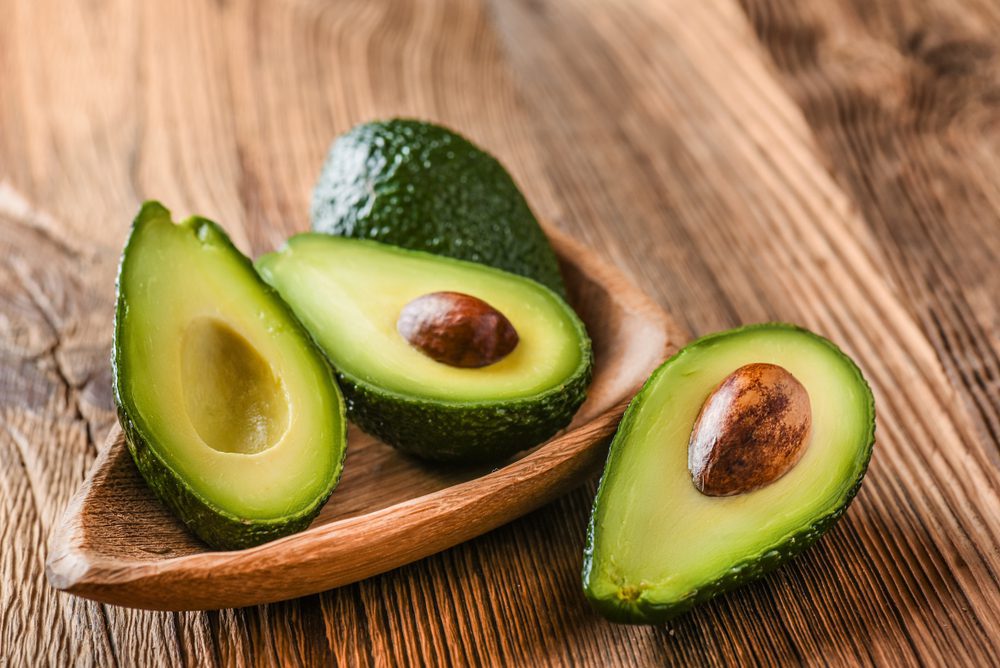 They’re more than just a brunch trend—the monounsaturated fats found in avocados help lower cholesterol and prevent heart disease. These healthy fats also help you feel fuller for longer, meaning that you’re less likely to overeat. Additionally, a study found that the molecules in avocados target stem cells of acute myeloid leukemia (AML). AML is a type of cancer that kills 90 percent of people who are diagnosed over the age of 65.
They’re more than just a brunch trend—the monounsaturated fats found in avocados help lower cholesterol and prevent heart disease. These healthy fats also help you feel fuller for longer, meaning that you’re less likely to overeat. Additionally, a study found that the molecules in avocados target stem cells of acute myeloid leukemia (AML). AML is a type of cancer that kills 90 percent of people who are diagnosed over the age of 65.
2. Beans
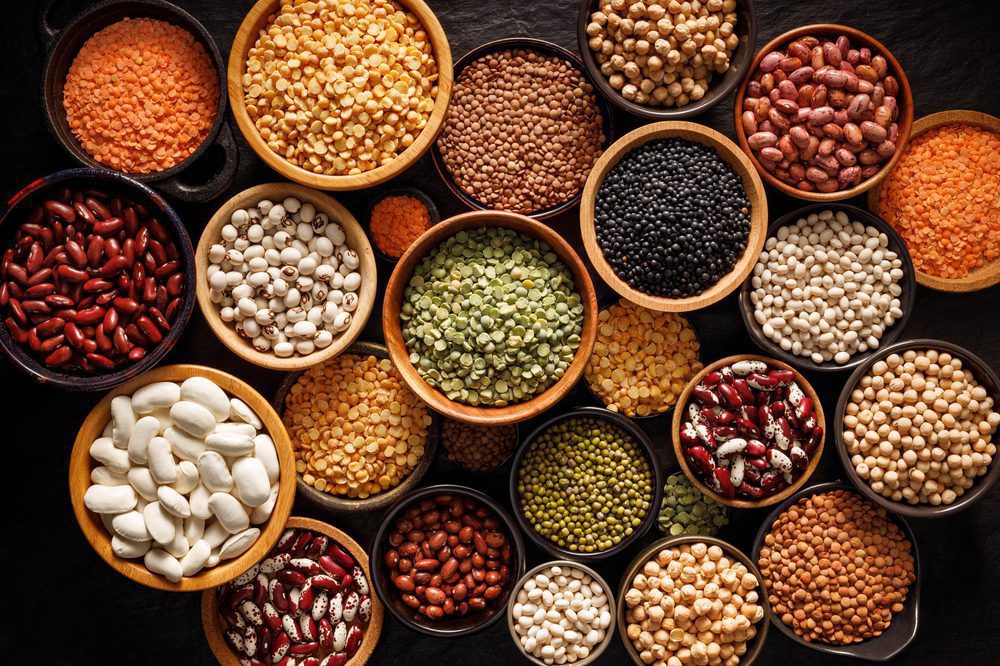 According to the U.S. Dietary Guidelines, we should all be eating roughly a half-cup of beans per day. Because of their plant-based proteins, fiber, and antioxidants, beans are also linked to living a longer life. Beans are 77 percent complex carbohydrates, 21 percent protein, and they’re ultra-rich in fiber. Regularly eating beans may also reduce the risk of type 2 diabetes, lower cholesterol, and reduce inflammation. The U.S. Dietary Guidelines clearly know what they are talking about!
According to the U.S. Dietary Guidelines, we should all be eating roughly a half-cup of beans per day. Because of their plant-based proteins, fiber, and antioxidants, beans are also linked to living a longer life. Beans are 77 percent complex carbohydrates, 21 percent protein, and they’re ultra-rich in fiber. Regularly eating beans may also reduce the risk of type 2 diabetes, lower cholesterol, and reduce inflammation. The U.S. Dietary Guidelines clearly know what they are talking about!
3. Cruciferous Vegetables and Leafy Greens
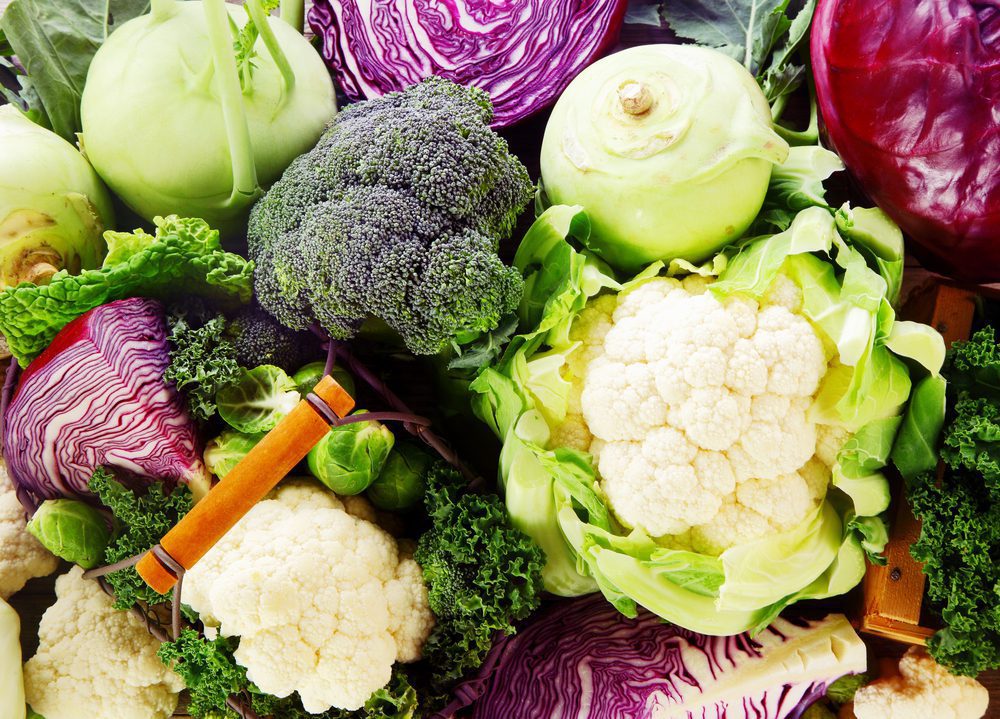 Broccoli, cauliflower, Brussels sprouts, cabbage, and other cruciferous vegetables are not only good for your digestive system, but also for living longer. They’re rich in fiber, antioxidants, and vitamins A, C, and K—all of which are associated with healthy aging.
Broccoli, cauliflower, Brussels sprouts, cabbage, and other cruciferous vegetables are not only good for your digestive system, but also for living longer. They’re rich in fiber, antioxidants, and vitamins A, C, and K—all of which are associated with healthy aging.
Similarly, leafy greens like spinach, kale, arugula, and romaine increase your lifespan as well. One meta-analysis of 13 studies found that regularly eating leafy greens was associated with a 15.8 percent lower risk of developing cardiovascular disease. Another study followed 2,800 participants for 15-years and found a 35 percent lower risk of age-related macular degeneration in those that regularly consumed nitrates from vegetables like leafy greens.
4. Extra Virgin Olive Oil
 To pair with your cruciferous veggie or leafy green salad, consider extra virgin olive oil! Extra virgin olive oil (EVOO) is packed with health-promoting compounds like monounsaturated fats and polyphenols that have anti-inflammatory properties. One study that evaluated over 7,000 people found that each 10-gram increase in EVOO consumption per day was linked to a 7% reduced risk of early death.
To pair with your cruciferous veggie or leafy green salad, consider extra virgin olive oil! Extra virgin olive oil (EVOO) is packed with health-promoting compounds like monounsaturated fats and polyphenols that have anti-inflammatory properties. One study that evaluated over 7,000 people found that each 10-gram increase in EVOO consumption per day was linked to a 7% reduced risk of early death.
Research has also shown that EVOO’s antioxidants can prevent the onset and progression of Alzheimer’s disease. The antioxidants have beneficial effects on learning and memory deficits, helping reverse the cognitive decline due to age.
5. Nuts
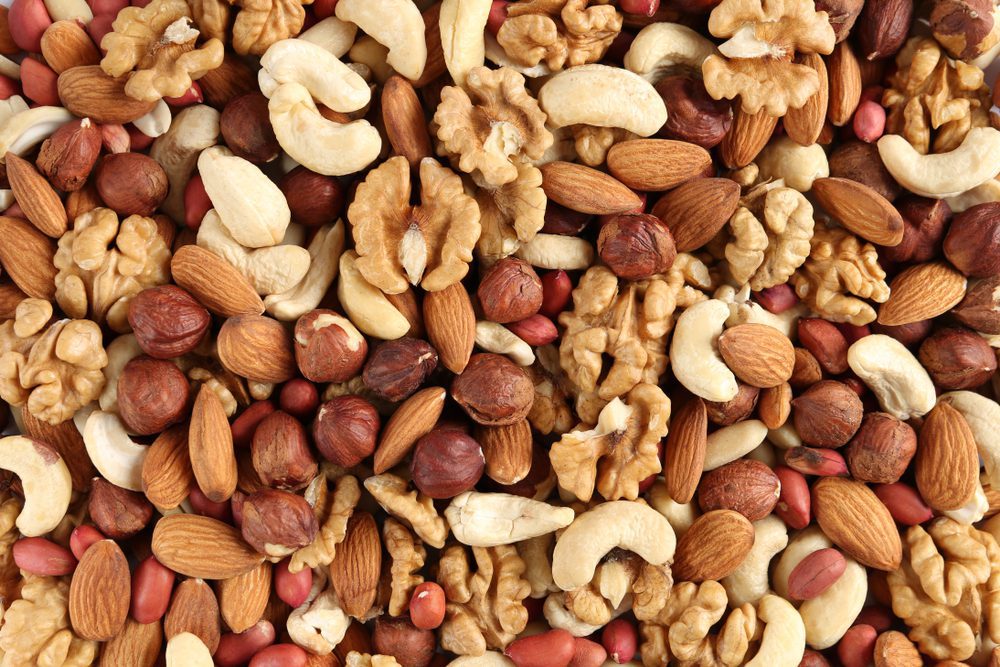 One study found that people who consumed at least 3 servings of nuts per week had a 39% lower risk of premature death. Nuts are rich in protein, fiber, antioxidants, and beneficial plant compounds. They’re also a great source of several vitamins and minerals, such as copper, magnesium, potassium, folate, niacin, and vitamins B6.
One study found that people who consumed at least 3 servings of nuts per week had a 39% lower risk of premature death. Nuts are rich in protein, fiber, antioxidants, and beneficial plant compounds. They’re also a great source of several vitamins and minerals, such as copper, magnesium, potassium, folate, niacin, and vitamins B6.
While all nuts offer health benefits, walnuts are the best of the bunch for disease prevention and healthy aging. Eating walnuts is linked to better heart and brain health, lower risk of cancer, and reduced inflammation. Furthermore, researchers analyzed 18 years of data from the Nurses Health Study and the Health Professionals Follow-Up Study found that eating at least 5 servings of walnuts per week was associated with women living 1.78 years longer and men living 1.94 years longer.
6. Fatty Fish
 Fatty fish like salmon supply vital omega-3 fats, lean protein, B-vitamins, selenium, and iron that can lower your risk of heart disease and decrease your risk of sudden cardiac death by 80-90 percent. One analysis of several studies showed that eating just over 2-ounces of fish per day was associated with a 12 percent lower risk of dying of all causes. Another study found a 38 percent reduced risk of death from Alzheimer’s Disease, 20 percent lower risk of dying of cancer, and 15-18 percent lower risk of death from cardiovascular disease among regular fatty fish eaters.
Fatty fish like salmon supply vital omega-3 fats, lean protein, B-vitamins, selenium, and iron that can lower your risk of heart disease and decrease your risk of sudden cardiac death by 80-90 percent. One analysis of several studies showed that eating just over 2-ounces of fish per day was associated with a 12 percent lower risk of dying of all causes. Another study found a 38 percent reduced risk of death from Alzheimer’s Disease, 20 percent lower risk of dying of cancer, and 15-18 percent lower risk of death from cardiovascular disease among regular fatty fish eaters.
7. Whole Grains
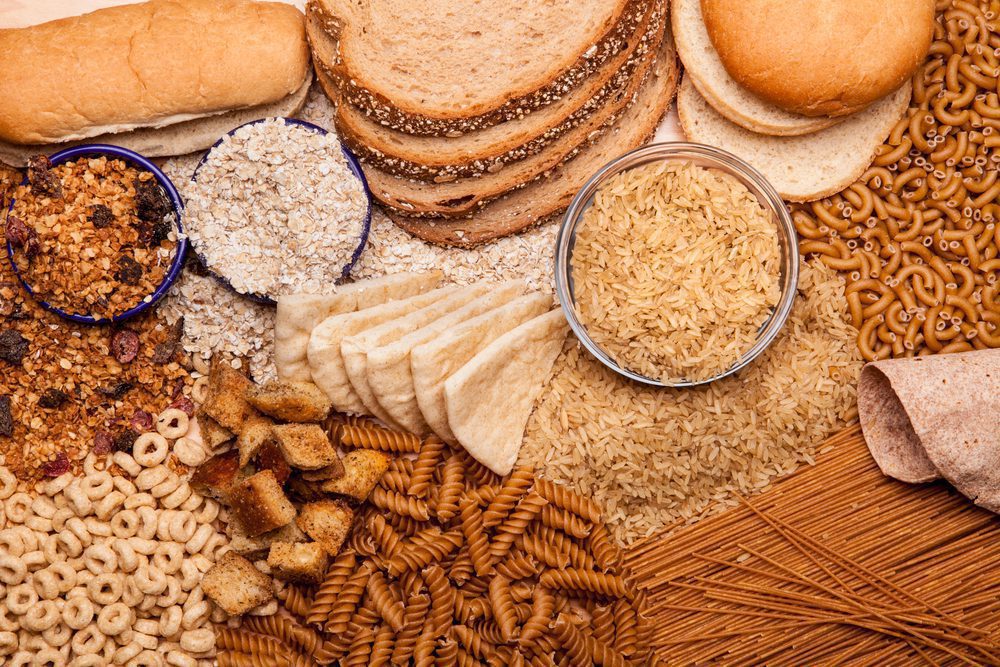 Whole grains like brown rice, quinoa, barley, and wheat are known food to eat to help you live longer. One review found that consuming three servings of whole grains per day was associated with a 25 percent lower risk of dying of cardiovascular disease when compared to those that ate fewer than three servings.
Whole grains like brown rice, quinoa, barley, and wheat are known food to eat to help you live longer. One review found that consuming three servings of whole grains per day was associated with a 25 percent lower risk of dying of cardiovascular disease when compared to those that ate fewer than three servings.
Whole grains in their original form such as farro, wheat berries, quinoa, and oats offer the most health benefits, but choosing whole-grain bread and pasta when possible is still better than nothing.
8. Berries
 Berries, especially blueberries and strawberries, reduce the risk of cardiovascular disease, protect against cancer, and lower levels of inflammation. The Nurses Health Study, which followed over 16,000 participants over the age of 70, found that greater intakes of blueberries and strawberries were linked to slower cognitive decline. The antioxidants in blueberries also help fight disease and inflammation. Another study showed that blueberry extract may also improve memory.
Berries, especially blueberries and strawberries, reduce the risk of cardiovascular disease, protect against cancer, and lower levels of inflammation. The Nurses Health Study, which followed over 16,000 participants over the age of 70, found that greater intakes of blueberries and strawberries were linked to slower cognitive decline. The antioxidants in blueberries also help fight disease and inflammation. Another study showed that blueberry extract may also improve memory.
9. Dark Chocolate
 Good news for chocoholics—dark chocolate has also been found to help you live longer! Cocoa beans have antioxidants that studies have found can help cut your risk of heart disease. In fact, Jeanne Louise Calment, the oldest verified age of any human being ever with 122 years and 164 days, credited her long life to her love of chocolate. However, not all dark chocolate bars are made equal—opt for ones that are over 70 percent cocoa because they contain more flavonoids and less sugar.
Good news for chocoholics—dark chocolate has also been found to help you live longer! Cocoa beans have antioxidants that studies have found can help cut your risk of heart disease. In fact, Jeanne Louise Calment, the oldest verified age of any human being ever with 122 years and 164 days, credited her long life to her love of chocolate. However, not all dark chocolate bars are made equal—opt for ones that are over 70 percent cocoa because they contain more flavonoids and less sugar.
10. Fermented Foods and Vitamins

Photo Credit: New Chapter
Lastly, there is an association between people who eat fermented foods daily and living a longer life. Fermented foods have undergone controlled microbial growth and fermentation which causes microorganisms like yeast and bacteria to change the elements within the food giving them extra nutritional value. Some examples of fermented foods are yogurt, kombucha, and sauerkraut. Due to the probiotic content of fermented foods, recent studies suggest they may help alleviate diarrhea, irritable bowel syndrome, and Crohn’s disease, leading to longer lives.
If you don’t want to search for fermented food to eat to live longer, consider taking fermented supplements in the form of vitamins. For example, New Chapter’s fermented multivitamins are sourced from farms that use regenerative agriculture and are designed to help you absorb nutrients. The fermentation of the vitamins, minerals, and herbs breaks down the nutrients so they are pre-digested, allowing your body to unlock all of their benefits.
Discover more about fermented supplements on Tomorrow’s World Today’s presentation of “The Science Behind Supplements” streaming NOW on Science Channel GO and Discovery GO!







